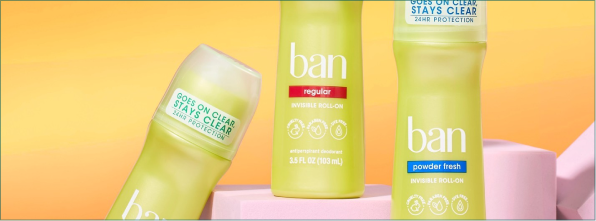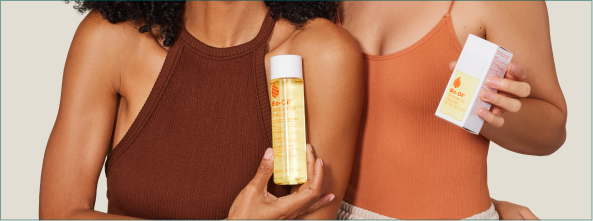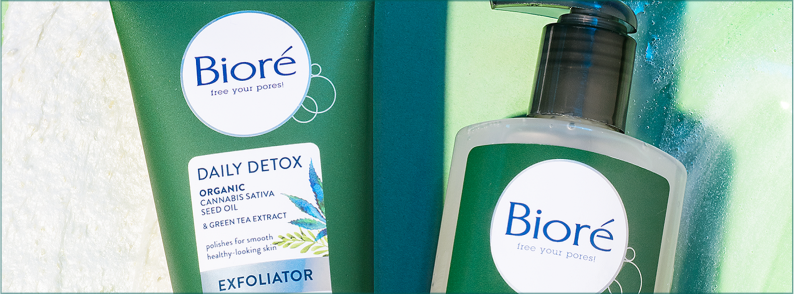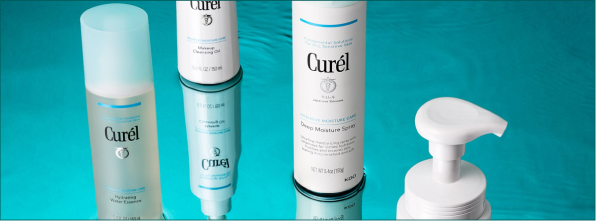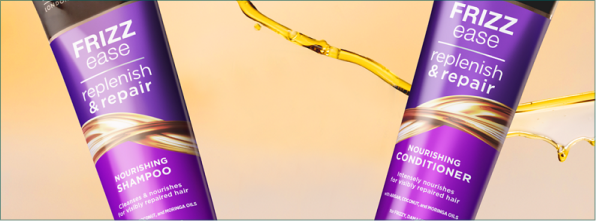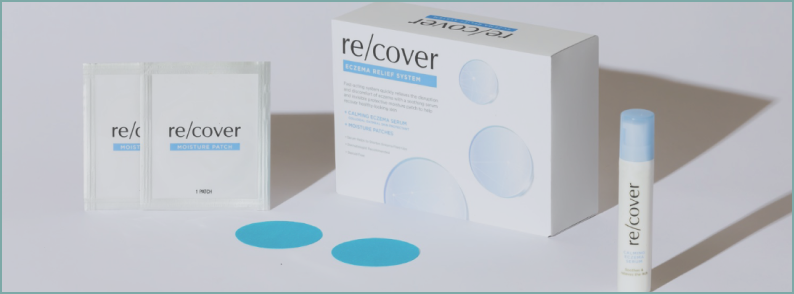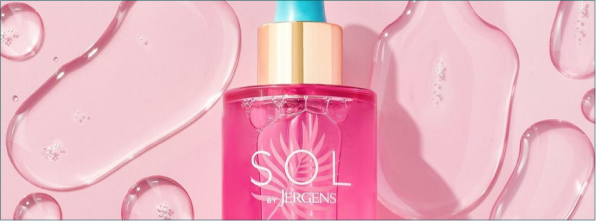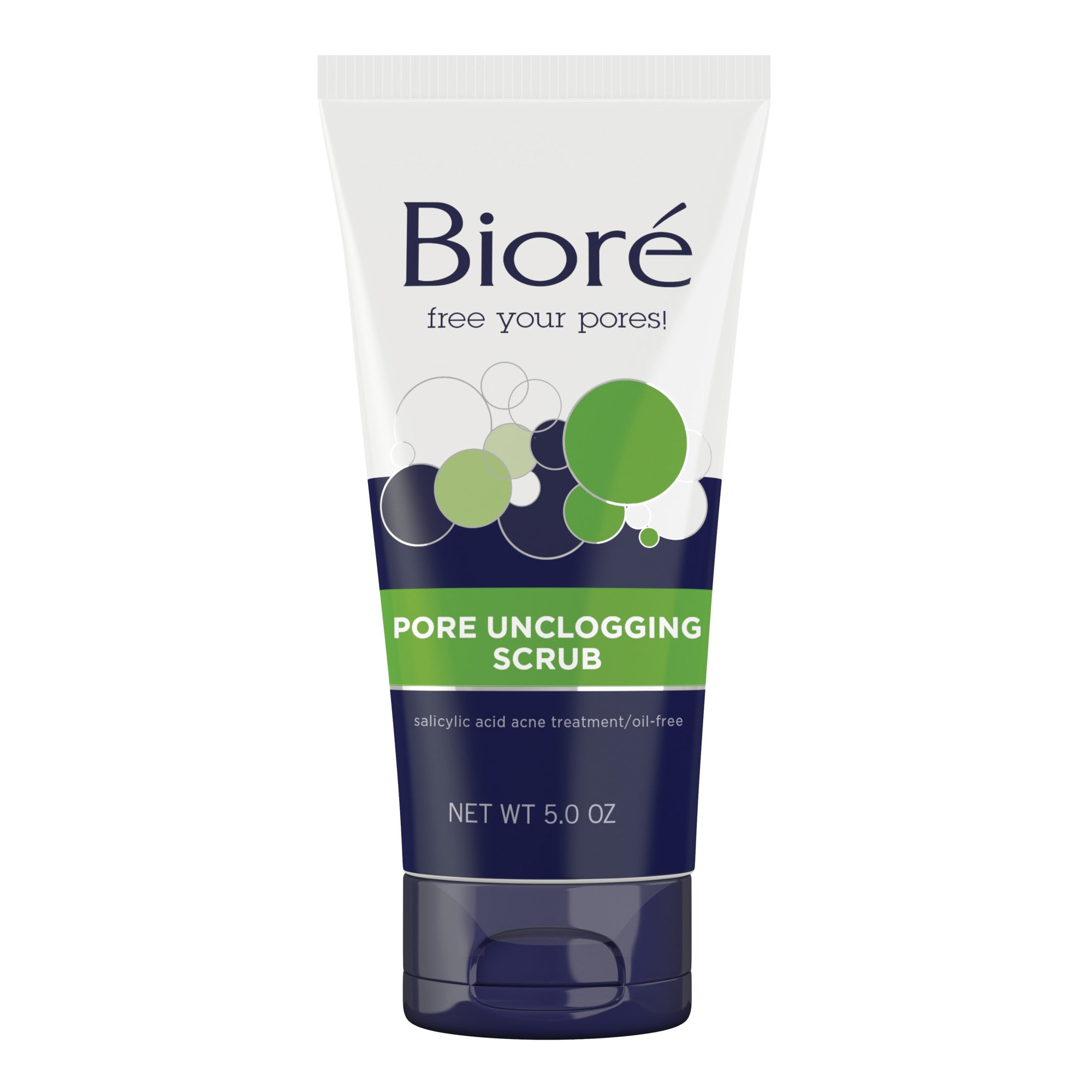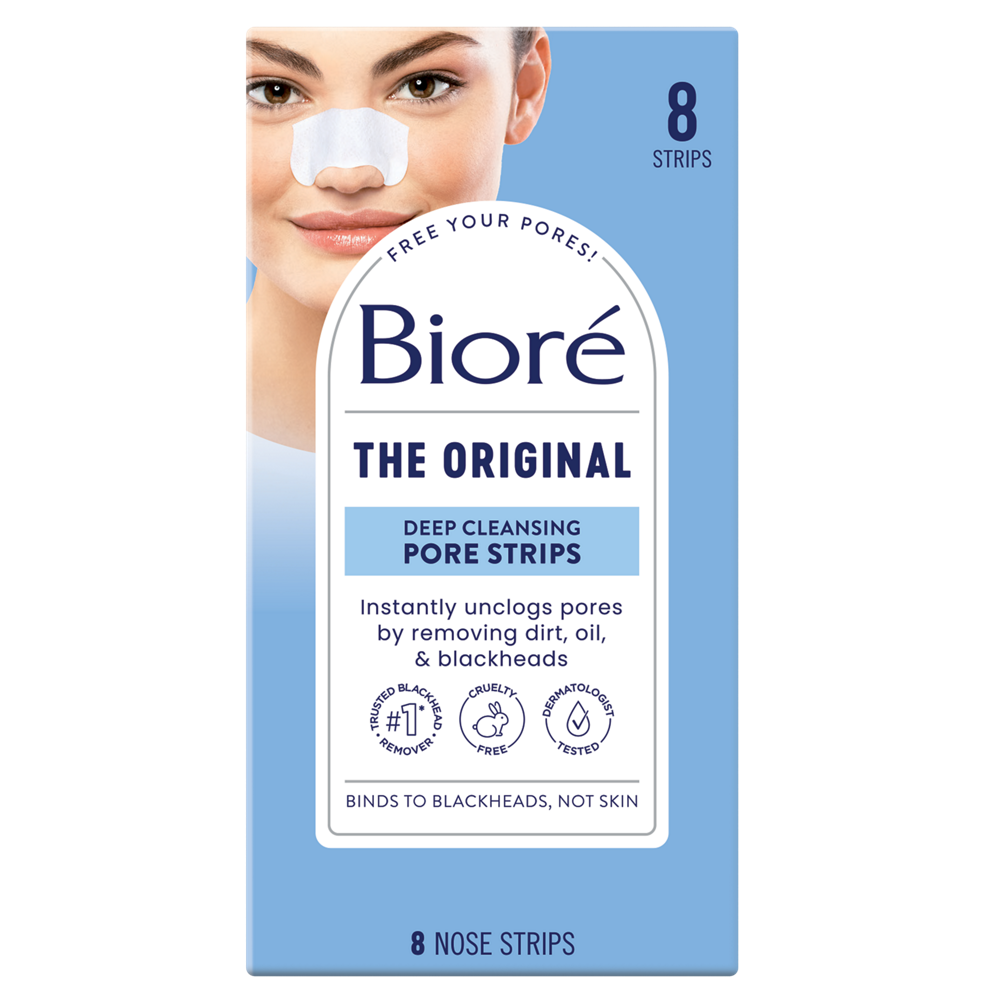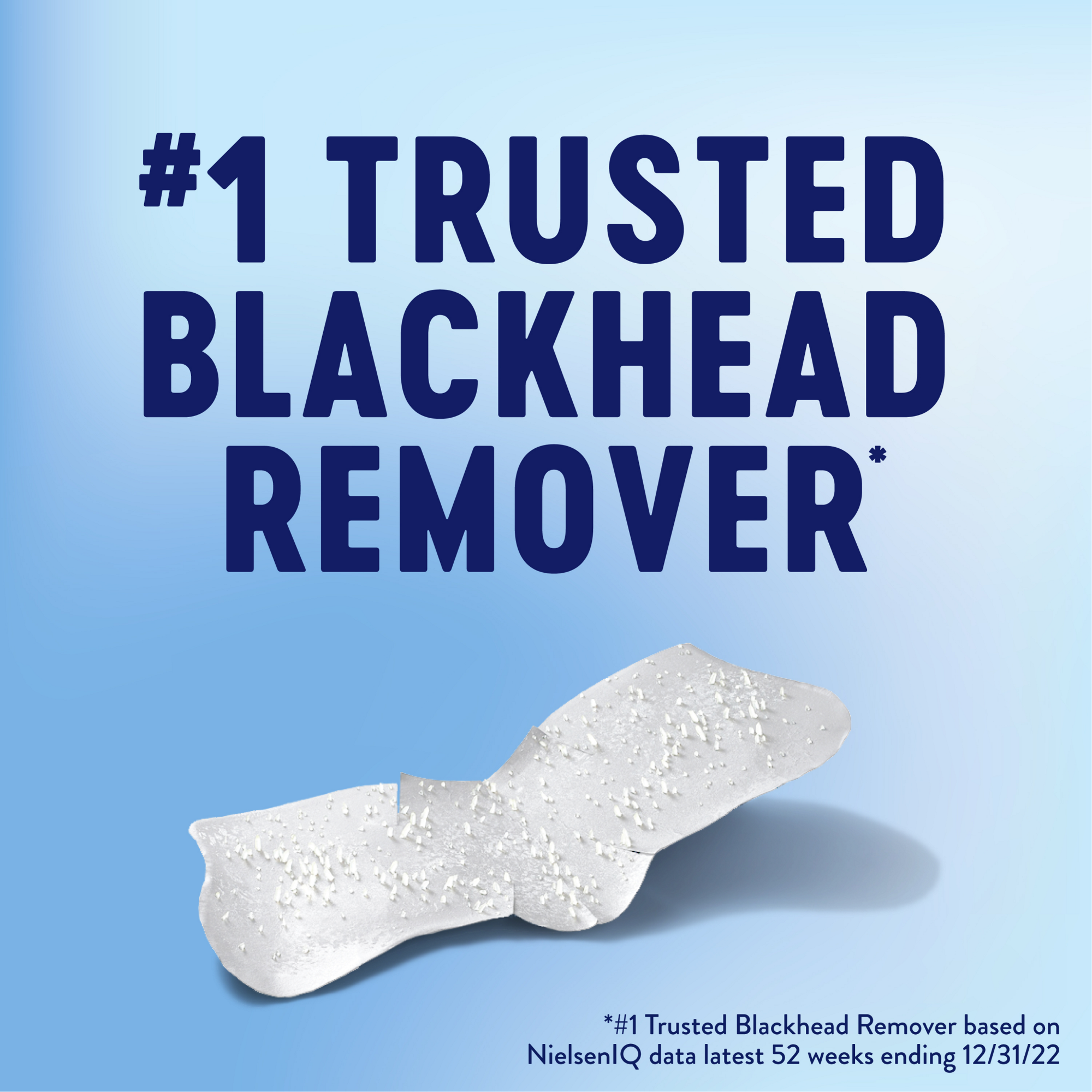How Often Should You Exfoliate Your Face?

When it comes to skincare, everyone's chasing that bright, fresh look. In addition to using the right products for your skin, developing a solid exfoliation routine can help you reveal fresh, radiant skin that's also nourished and healthy-looking. When using skincare exfoliators in your skincare routine, finding the right balance between too little exfoliation and too much exfoliation is essential. Keep reading for our top exfoliation tips to help you find how often you should exfoliate your face.
What Are the Benefits of Exfoliation?
Exfoliation is vital for developing a bright, clear complexion and glowing skin! It's a great way to help your skin feel fresh and clean, but it does so much more than provide a deeper clean. It also helps improve the tone and texture of your skin.
Your skin is in a perpetual state of renewal. Over time, older skin cells are shed from the surface. During this process, dead skin cells may build up on your skin's surface and result in dull, tired-looking skin with clogged pores. A gentle face scrub can help release dead skin cell buildup to help reveal a surface of fresh, healthy-looking skin.
1. Removes Dead Skin Cells on the Surface of Your Skin. Dead skin cells on the surface of your skin can give your complexion a dull and lifeless look. Regular exfoliation also helps improve the appearance and feel of uneven skin tone for a more uniform texture.
2. Deep Cleans Skin. Exfoliation helps unclog pores and prevent clogged pores by removing dirt and impurities from your skin. Regularly using a face scrub revitalizes uneven skin and allows your skin to breathe for a brighter complexion.
Exfoliation helps unclog pores and prevent clogged pores by removing dirt and impurities from your skin.
3. Refines and Polishes Pores. Exfoliation with a fine grade or microcrystalline face scrub refines and polishes your skin to visibly reduce the appearance of pores. The process helps remove deep-down dirt and debris that can wreck your complexion.
How Often Should You Exfoliate Your Face?
As a general rule of thumb, you can exfoliate two or three times a week. But deciding how often to exfoliate your face depends on two factors: your skin type and the type of exfoliant you are using.
Consider Your Skin Type
Every complexion is beautifully unique, not just in appearance but in composition as well. Knowing your skin type can help you determine how many times a week to exfoliate your face.
- Dry or Sensitive Skin: Gently exfoliate once or twice a week. While you should be more careful with sensitive skin, it is still important to exfoliate regularly in order to remove built-up layers of dead skin and dirt.
- Oily Skin: Exfoliate at least two or three times a week. More oily skin can handle more frequent exfoliation sessions, and that will help keep buildup under control and reduce blackheads, pimples, and excessively shiny skin.
- Combination Skin: Exfoliate two or three times a week. Combination skin consists of both dry patches and oily areas. Just be sure to take note of more sensitive areas and adjust your schedule accordingly.
Consider the Type of Exfoliant
- Gentle, Fine-Grain Scrubs: The finer granules mean you can use this type of exfoliant more frequently since they are easier on delicate skin. Face scrubs that are formulated with natural microcrystals are designed to cleanse your skin, slough away dead cells, and remove the dirt that gets trapped deep inside your pores.
- Rough, Course-Grain Scrubs: Since this type of exfoliant is a little stronger, use it less often and save it for areas of your body that can stand up to a good scrubbing like your arms and legs. Products made with larger granules are excellent for targeting large patches of dry, flaky skin. However, rougher scrubs can cause damage to your complexion, resulting in irritation and a breakdown of the skin's protective moisture barriers. When using face scrubs, most work effectively with light, even pressure. Take caution not to press too hard or massage too aggressively. That pressure can be rough on the skin surface and cause irritation.
When using face scrubs, most work effectively with light, even pressure. Take caution not to press too hard or massage too aggressively.
- Chemical Exfoliants: This type of exfoliant is generally safer to use most frequently out of all the different types of exfoliants. However, it depends on the specific kind as some are gentle enough for daily use, while others may require weeks between treatments. These products use chemical reactions rather than friction and movement to remove dead skin. How often you use these types of exfoliators truly depends on the nature of the product. Be sure to read the labels carefully and monitor your skin's response to chemical treatments. There are two major categories to choose from:
- Alpha Hydroxy Acid: AHA is a water-soluble acid derived from certain fruits, usually with higher sugar content. These exfoliants remove the surface of the skin to make room for new cell growth, resulting in a more even skin tone, pigment, and texture.
- Beta Hydroxy Acid: BHA's are oil-soluble and can penetrate the skin more effectively than some AHAs. As a result, many people find BHAs very effective in removing more dirt and oil below the surface, as well as eliminating dead skin cells.
Key Takeaways
- How often you exfoliate your face can depend on your skin type. For oily skin types, two to three times a week may work best for your skin. On the other hand, if you have normal or combination skin, exfoliating once a week may be best.
- If you have sensitive skin, look for a gentle exfoliant and avoid rubbing too hard when scrubbing.
- Avoid using any exfoliant on broken or irritated skin. This includes sunburns, rashes, and any cuts or scrapes.
